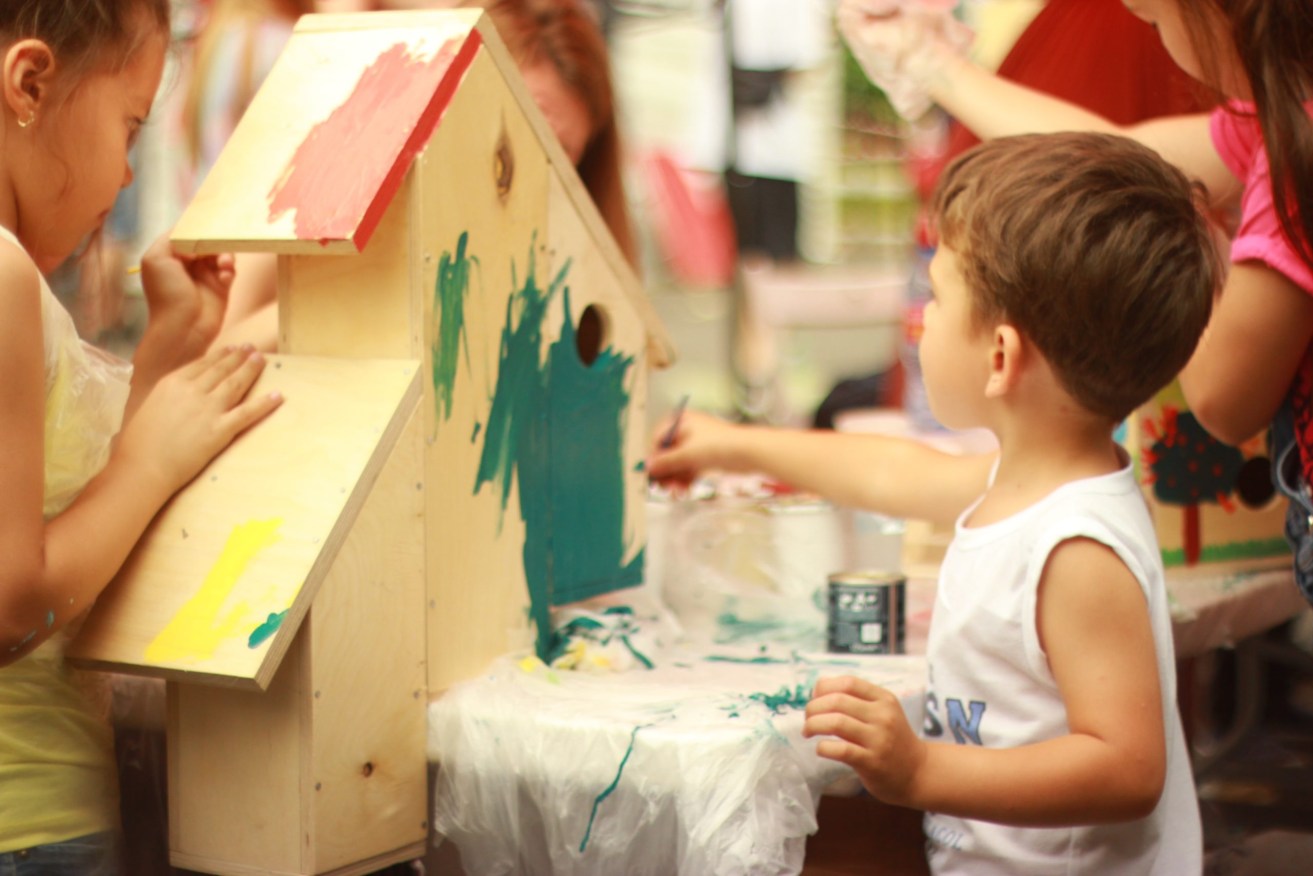Brisbane’s inflation highest in the nation as childcare costs spike
Brisbane has recorded the nation’s highest inflation for the September quarter of 2.3 per cent.


Families will benefit from the removal of the subsidy cap for child care.(Photo: Unplash)
According to the Australian Bureau of Statistics, Brisbane was hit hard by a rise of almost 15 per cent in furniture, household equipment and services.
This sector included child care, which spiked nationally as well as in Brisbane because of the end of the Federal Government’s subsidies. The ABS said the preschool and primary education sector rose almost 12 per cent in Brisbane. Sydney recorded the highest rise in this sector of 19 per cent rise but wasn’t recorded as a major issue in other capitals.
There was also an increase in furniture costs as more people worked from home and the industry was hit by shortages.
SQM Research’s Louis Christopher also pointed out that the figures showed rents nationally had fallen 1.4 per cent for the 12 months to the end of September.
“Now that is the largest fall on record for Australian rents since ABS series began in December 1973,” he said.
The ABS said it was also the first time rents had fallen over a year.
Rents fell in most capital cities because of the high vacancy rates caused by the pandemic. Property rates and charges recorded the softest rise in the history of the series of 1.3 per cent as councils around Australia provided discounts and rebates to help homeowners through the pandemic.
The rise in CPI is not expected to impact a decision by the Reserve Bank next week which analyst forecast will include a rate cut.
The Australian Bureau of Statistics figures also reported a rise in fuel costs of 10 per cent in Brisbane while auto vehicles jumped 5 per cent. The rise in fuel was attributed to the global increase in oil prices.
Nationally, the CPI rose 1.6 per cent in the September 2020 quarter following a record fall of 1.9 per cent in the June quarter when child care was free and petrol prices fell 20 per cent.
Head of Prices Statistics at the ABS Andrew Tomadini said child care was the largest contributor to the CPI rise in the September quarter. Excluding its impact, the CPI would have risen 0.7 per cent.
“Significant rises were also recorded in the September quarter for automotive fuel (9.4 per cent) following a rebound in world oil prices, and pre-school and primary education (11.1 per cent), with before and after school care no longer being free.”
Other notable increases in the September quarter included furniture (6.4 per cent), major appliances (5.3 per cent) and small appliances (5.8 per cent).
“Strong demand and supply shortages led to price rises and less discounting for many household durable goods,” Tomadini said.












